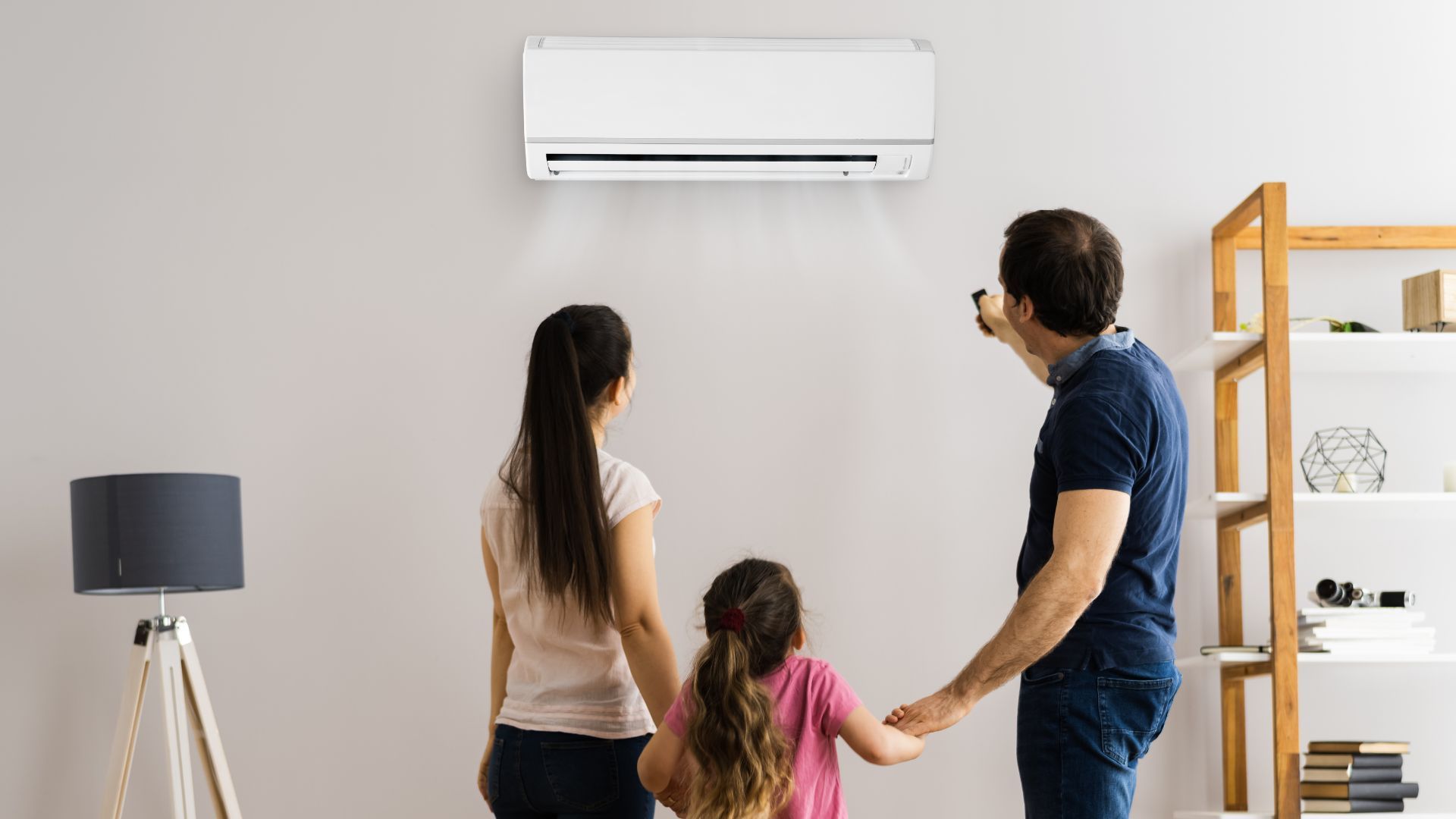Is an Air Conditioner for Rental Property a Good Investment or Not?
When it comes to managing a rental property, landlords often consider various investments to enhance the value of their properties and attract tenants. One such investment that frequently comes to mind is installing an air conditioner. However, before making a decision, it is essential to weigh the advantages and disadvantages to determine if an air conditioner is a good investment for your rental property.
Pros of Installing an Air Conditioner:
Tenant Attraction and Retention: In many regions, air conditioning is considered a necessity rather than a luxury, especially in areas with hot and humid climates. By providing an air conditioner, you can significantly improve the marketability of your rental property. The availability of air conditioning can attract more potential tenants, increasing the demand for your property. Moreover, tenants are more likely to stay longer in a comfortable environment, reducing turnover and vacancy rates.
Increased Rental Value: The installation of an air conditioner allows landlords to justify higher rental rates. With a sought-after amenity like air conditioning, you can set your rental price at a premium, potentially generating higher rental income. Tenants are often willing to pay more for the convenience and comfort that air conditioning provides, especially during the summer months.
Competitive Advantage: In a competitive rental market, offering an air conditioner can give you an edge over other property owners who do not provide this feature. It sets your property apart and positions it as a desirable choice among potential tenants. By investing in an air conditioner, you are investing in the overall appeal and competitiveness of your rental property.
Cons of Installing an Air Conditioner:
Installation and Maintenance Costs: The upfront costs of purchasing and installing an air conditioner can be significant, particularly if your rental property doesn’t have pre-existing infrastructure for air conditioning. Additionally, you will need to consider ongoing maintenance costs, such as regular servicing and repairs, to ensure the proper functioning of the unit. These expenses can impact the return on investment and should be factored into your decision-making process.
Energy Consumption and Utility Expenses: Air conditioners consume a considerable amount of electricity, which can lead to higher utility bills for your rental property. This cost is often transferred to the tenant, but it’s crucial to consider the potential impact on your property’s overall affordability. In areas where energy prices are high or in situations where tenants are responsible for utility payments, the added expense may deter some potential renters.
Limited Applicability and Seasonal Demand: The necessity of an air conditioner varies depending on the geographical location and climate. In areas with mild summers or cooler climates, the demand for air conditioning may be limited. If your rental property is situated in such an area, the return on investment for an air conditioner might not be as significant as in regions with more extreme temperatures.
Deciding whether to invest in an air conditioner for your rental property requires careful consideration of various factors. While an air conditioner can enhance the marketability, rental value, and tenant retention of your property, the associated costs and regional climate should also be taken into account. Conduct thorough research and analyze the specific needs and preferences of your target tenant demographic before making a final decision. Ultimately, investing in an air conditioner for your rental property can be a prudent decision, provided it aligns with your overall investment strategy and the demands of the local rental market.

